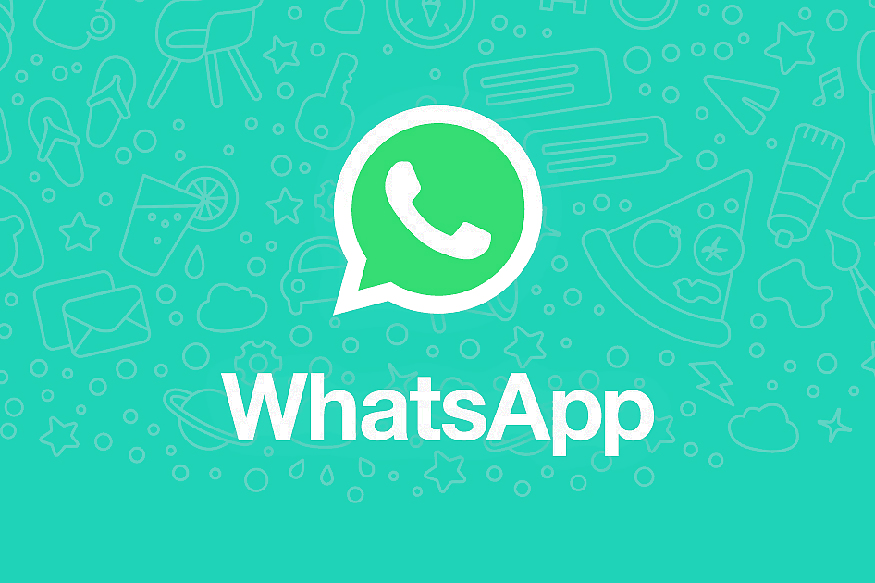
views
Yesterday, WhatsApp disclosed a tipline in India that can be accessed by any user to report suspected fake news articles. The line, which can be reached on WhatsApp at +919643000888, was initially conceived by everyone to be a fact checking authority, wherein users can report suspicious articles, videos and images, and receive analysed reports on whether the piece of content is true, false, dubious, unreported or beyond the scope of verification. However, in light of the widespread interest around WhatsApp’s apparent effort to ramp up its fight against fake news ahead of the upcoming 2019 Lok Sabha elections, Proto has disclosed a list of frequently asked questions (FAQs) to describe with more clarity as to how exactly it works.
According to the post, the Checkpoint project is a research project undertaken by Proto, contracted alongside Meedan and Dig Deeper Media, to create a framework that enables the collection of contentious data that is otherwise not disclosed publicly owing to the encryption of personal chats and messages. The goal of the research project is to collect a large amount of data on misinformation that is being spread during the 2019 general elections in India, analyse the nature of misinformation, notify users about the same, and eventually publish a report from the findings of this research to the International Council of Journalists.

Proto states, “As more data flows in, we will be able to identify the most susceptible or affected issues, locations, languages, regions, and more. The verification reports we send back will encourage users to participate in this research as “listening posts” and send more signals for analysis. The final output at the end of four months will help WhatsApp determine next steps against misinformation on the platform.” Essentially, this is where it differs from its previously experimented model of fact checking with Verificado.
Furthermore, the company also discloses that the tipline will not respond to every user and every post, since the bandwidth is limited for the research project. In a bid to explain this, Proto states, “The information provided by users helps us understand potential misinformation in a particular message, and when possible, we will send back a message to users. We would like to verify every rumor but we know that will not be possible given the diversity of information we will receive and the limitations of any verification research. When we provide a response to a user, we are providing a verification about the reliability of the original claim. This is not as intensive as the fact-checking that a journalism organization can provide.”
This significantly restricts the scope of fact checking on the platform, and can instead be compared to the initial stage of an AI algorithm, that begins with a blank slate at hand. As a result, it remains difficult to understand if the same would have impact of any significance at this election season, although it is bound to help WhatsApp learn and combat the threat of fake news in the long run. It may also help the company strategise upon ways to restrict sharing of such content altogether, although, given the encrypted nature of personal chats, it remains unclear as of now, as to how the issue can be tackled on a wholesome scale.

















Comments
0 comment